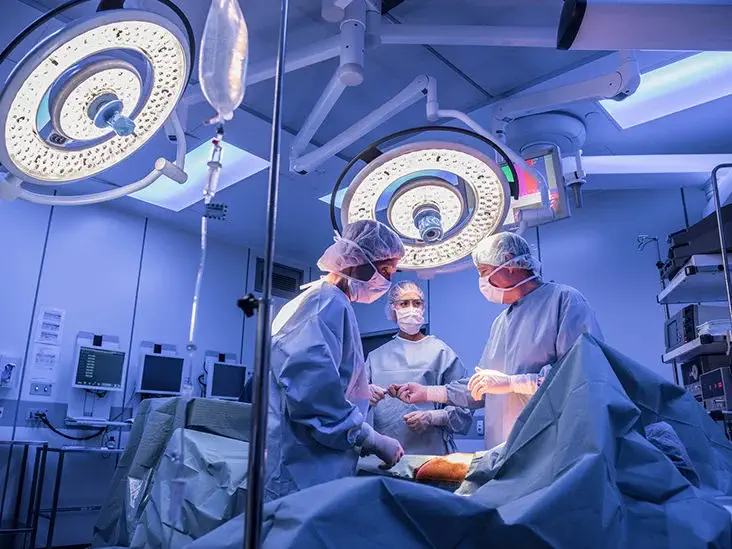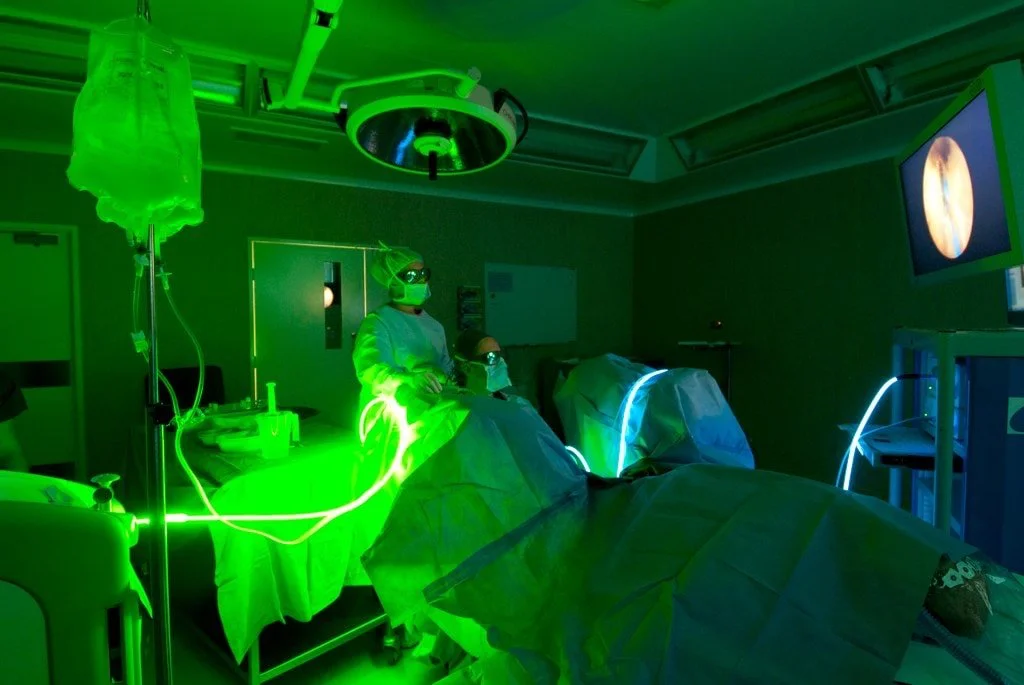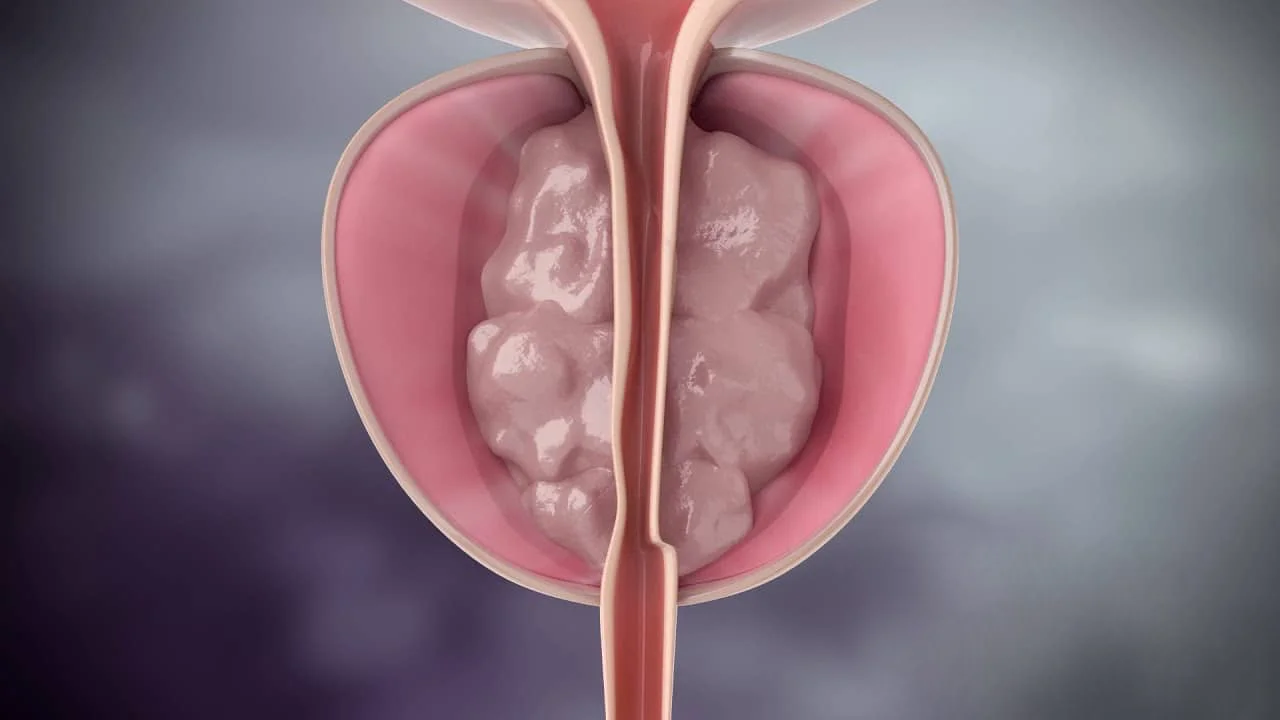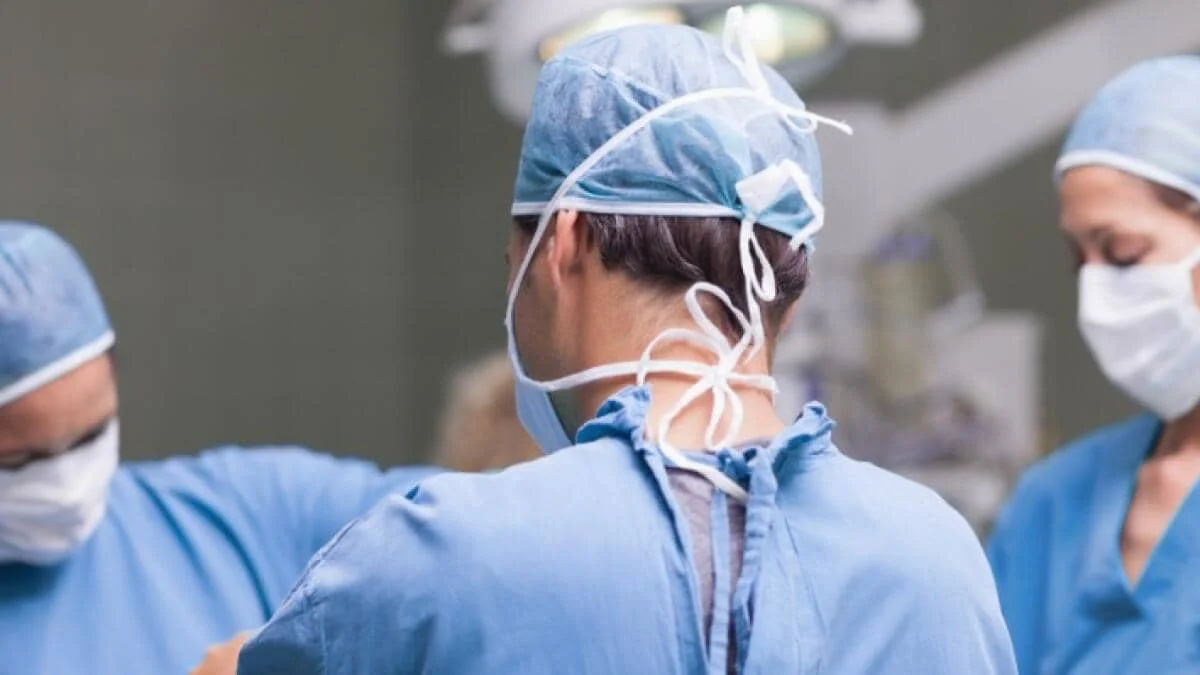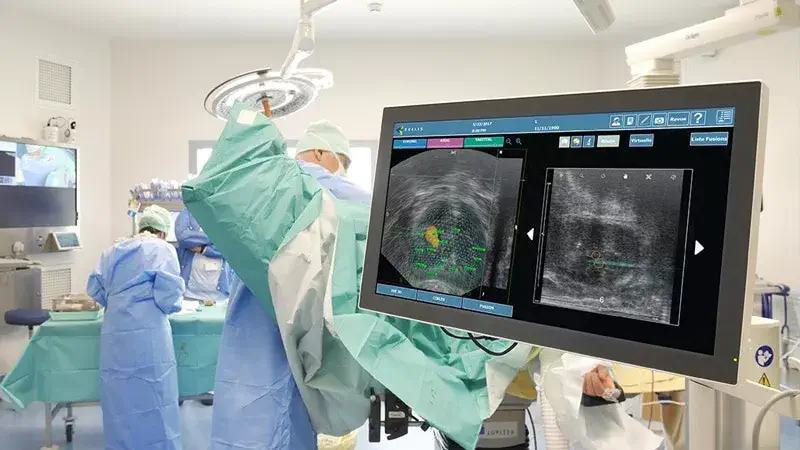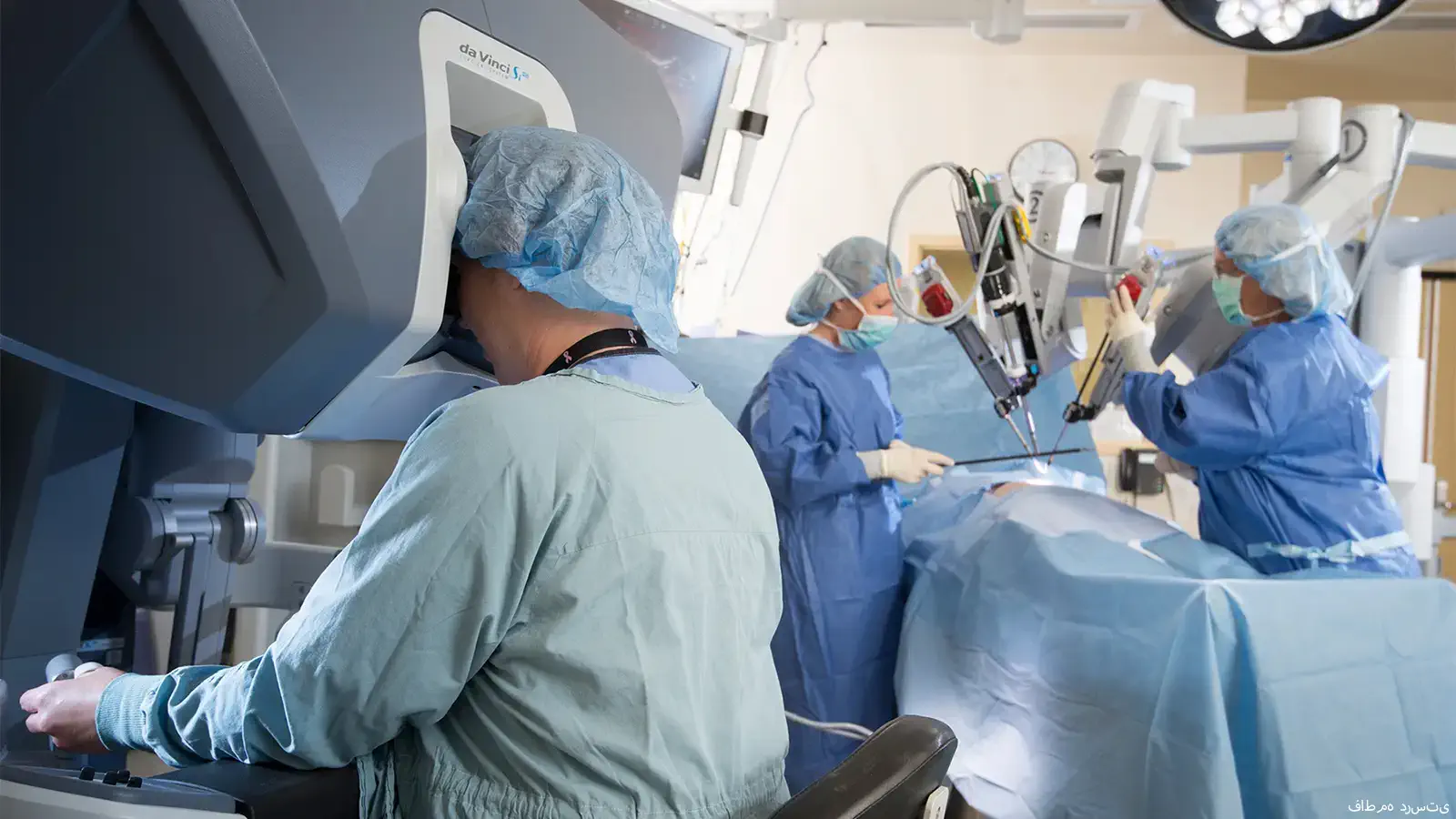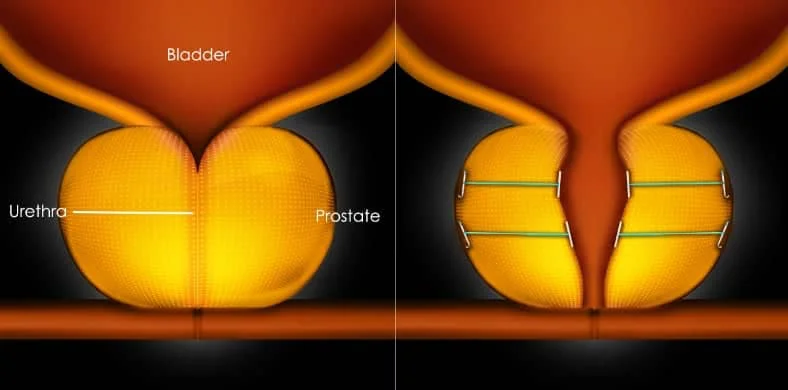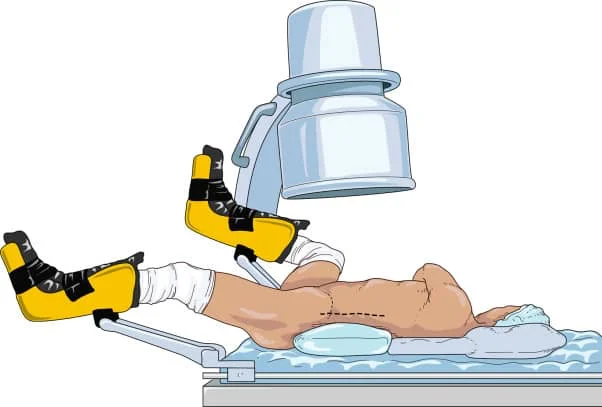
Supine PCNL
Percutaneous Nephrolithotomy (PCNL) is a minimally invasive procedure used to remove kidney stones that are too large to pass on their own or cannot be treated with other methods. Supine PCNL is a variation of the standard PCNL procedure, where the patient is positioned in a supine position instead of the traditional prone position.
The procedure is performed under general anesthesia and involves making a small incision in the patient's back. A small tube, called a nephroscope, is inserted through the incision and into the kidney. The nephroscope is used to locate the stone and a small basket is used to remove the stone.
Before the procedure, the patient should inform the doctor of any medications they are taking and any allergies they have. The patient will also have to stop eating or drinking after a certain time before the procedure. During the procedure, a urinary catheter will be inserted and will be kept in place for a few days post-surgery.
After the procedure, the patient may experience some discomfort or mild pain in the lower back or side, and may also have to catheterize for a few days post-surgery. The patient will be given instructions on how to care for themselves after the procedure, including when to return for follow-up. The patient will also be advised to avoid strenuous activity for a period of time post-surgery.
It's important to note that PCNL is not suitable for all patients, especially those with bleeding disorders, severe hypertension, or severe obesity. Patients should discuss the benefits and risks of the procedure with their doctor, as well as any specific preparation instructions.


